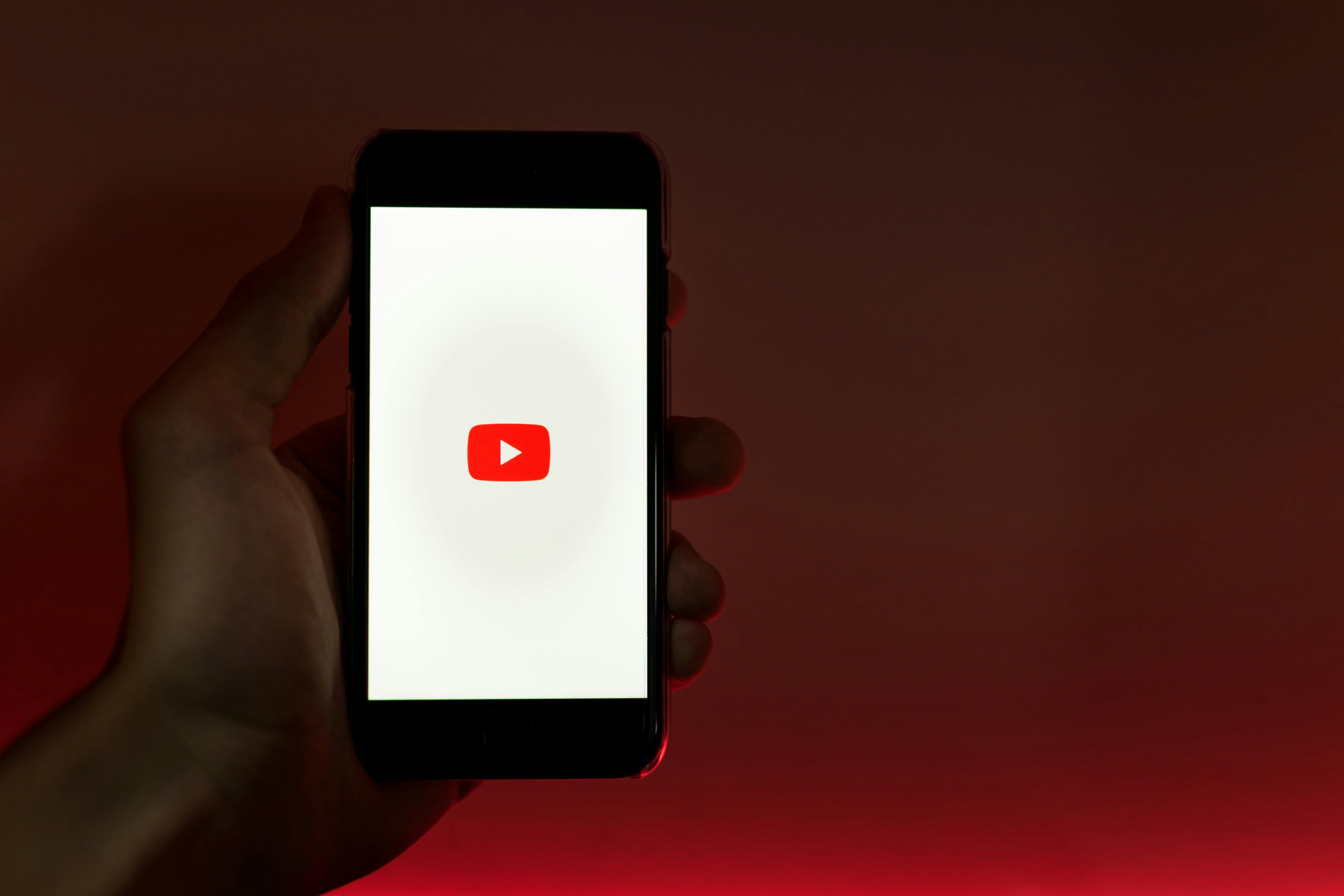Sales content automation uses AI and software to create, manage, personalize, and distribute sales collateral at scale, moving beyond manual processes to solve critical pain points like inefficiency, trend lag, and creator burnout. While many tools automate distribution, platforms like GEN.pro represent the next evolution: generating trend-aware, persona-driven content that actively builds influence through AI-powered digital personalities. This approach transforms how brands create authentic connections, turning passive audiences into active communities.
What is Sales Content Automation and How Does It Work?
Sales content automation streamlines the entire content lifecycle—from creation to distribution—using artificial intelligence and specialized software. Traditional methods involve manual content generation, cumbersome approval processes, and inconsistent distribution, creating bottlenecks that slow down sales cycles. Automation eliminates these friction points by using AI to generate personalized content variants, manage centralized asset libraries, and deliver the right materials to the right prospects at precisely the right time.
The most advanced systems, like GEN.pro, go beyond basic automation by incorporating trend prediction and digital persona creation. Their AI engine designs and deploys trend-savvy content through AI influencer personas, creating net-new content automatically rather than simply organizing existing assets. This approach leverages what GEN.pro calls its "Personality Engine" to build "living, breathing AI characters" that post, engage, and build audiences autonomously.
Practical Tip: Start by identifying repetitive content tasks that consume the most time—such as creating personalized email variants or social media posts—as these offer the quickest ROI when automated
Focus on tools that integrate with your existing CRM to ensure seamless data flow between marketing and sales teams
Top 5+ Sales Content Automation Platforms for Marketing Teams
The sales content automation landscape includes both established sales enablement platforms and emerging AI-powered creation tools, each serving distinct functions within the content lifecycle.
Highspot: A leader in sales enablement that focuses on content management, analytics, and guiding reps to the right materials through intelligent recommendations Highspot.
Seismic: Provides a centralized content hub with robust tracking capabilities to identify which assets perform best in closing deals, similar to Highspot's approach.
HubSpot Sales Hub: Offers content automation within its CRM ecosystem, allowing for personalized content tracking and integration into automated email sequences HubSpot.
Outreach: Specializes in automating content delivery within sales sequences, using engagement signals to suggest the optimal asset to send next.
GEN.pro: Represents the cutting edge of content automation by generating entirely new content through AI influencers. Instead of just managing existing assets, it creates trend-aware social content and short-form videos using its "Large Social Model" that trains on TikTok, YouTube, Reddit, and Instagram to predict emerging trends.
Key Features and Capabilities to Compare When Evaluating Platforms
When selecting a sales content automation solution, focus on these critical capabilities that address different aspects of the content workflow:
*Content Management & Analytics** (Highspot, Seismic): These platforms excel at centralized content libraries, usage tracking, and performance scoring. They help organizations understand which assets resonate with prospects and which underperform, enabling data-driven content optimization Deloitte Digital.
*Personalization & Delivery** (HubSpot, Outreach): These tools integrate with CRM systems to enable personalized content experiences at scale. They automate the delivery of tailored content based on prospect behavior, stage in the buyer's journey, and demographic data.
*AI-Powered Content Creation** (GEN.pro): This next-generation approach focuses on creating net-new content rather than just managing existing assets. GEN.pro's "AI People Creation" tool builds "trend-savvy personas who post, vibe, and build audiences" autonomously, while its "Automated Engagement (AURA)" function handles DMs, comments, and replies to grow communities without manual intervention.
Implementing Automation: 4 Practical First Steps for Teams
Successful implementation of sales content automation requires a strategic approach that aligns with your organization's specific needs and existing workflows.
Audit Your Content Library: Identify high-performing assets and content gaps by analyzing what materials actually drive conversions versus what sits unused. This foundation ensures you automate the right content types.
Map Your Current Process: Document how content is created, approved, and used by sales teams today. Identify bottlenecks where automation will deliver the most significant efficiency gains.
Set Integration Requirements: Choose a platform that integrates seamlessly with your existing tech stack, particularly your CRM. This ensures content usage data flows back into your customer database for better insights.
Launch a Focused Pilot: Begin by automating one specific process, such as equipping reps with battle cards or personalizing outreach emails. Measure results before expanding to other content types.
Pricing, ROI, and Choosing the Right Tool for Your Needs
Sales content automation platforms typically use tiered per-user subscription models, with more advanced AI creation tools sometimes employing credit-based or enterprise pricing structures. GEN.pro's AI Influencers and Superfans start from $99/month, positioning it as a specialized solution for content creation rather than content management.
Measuring ROI requires tracking specific metrics that demonstrate how automation impacts sales effectiveness:
Content usage rate by sales reps
Sales cycle length for deals using automated content
Win rates on opportunities where personalized automated content was deployed
Reduction in content creation costs and time-to-market for new materials
For teams primarily needing to manage and optimize existing content, sales enablement platforms like Highspot or Seismic offer robust solutions. For organizations requiring high volumes of trend-aware social and video content, AI-driven tools like GEN.pro provide cutting-edge capabilities to generate net-new content that resonates with modern audiences.
Frequently Asked Questions
What is an example of content automation?
An example is GEN.pro's "Automated Engagement (AURA)," an AI that handles DMs, comments, and cold outreach automatically, plus their "AI People Creation" tool that builds influencers who autonomously post and build audiences.
What does SFA mean in sales?
Based on the provided source material, SFA in sales is not explicitly defined. The documents focus on video marketing, virtual influencers, and AI platforms for creating digital influencers.
What is content automation?
Content automation uses AI to handle creation and management of digital content. GEN.pro automates this by building AI personalities that post and engage autonomously, and through tools that handle community engagement at scale.
What is sales automation?
While not explicitly defined in the sources, sales automation appears as a component of broader influence engines through features like automated engagement tools that handle customer interactions and relationship building.
How to do content automation?
With GEN.pro, it involves using their AI engine to build digital personalities (from $99/mo) that create and post content autonomously, while their engagement tools automatically handle comments and DMs.
What are the three main automations?
The three main automations are AI People Creation (building AI characters), Trend Analysis (predicting viral content), and Automated Engagement (handling DMs and comments to build relationships).
Citations
https://www.highspot.com/blog/sales-content-automation/
https://www.deloittedigital.com/us/en/insights/research/marketing-content-automation.html
https://www.hubspot.com/products/marketing/marketing-automation-information











































